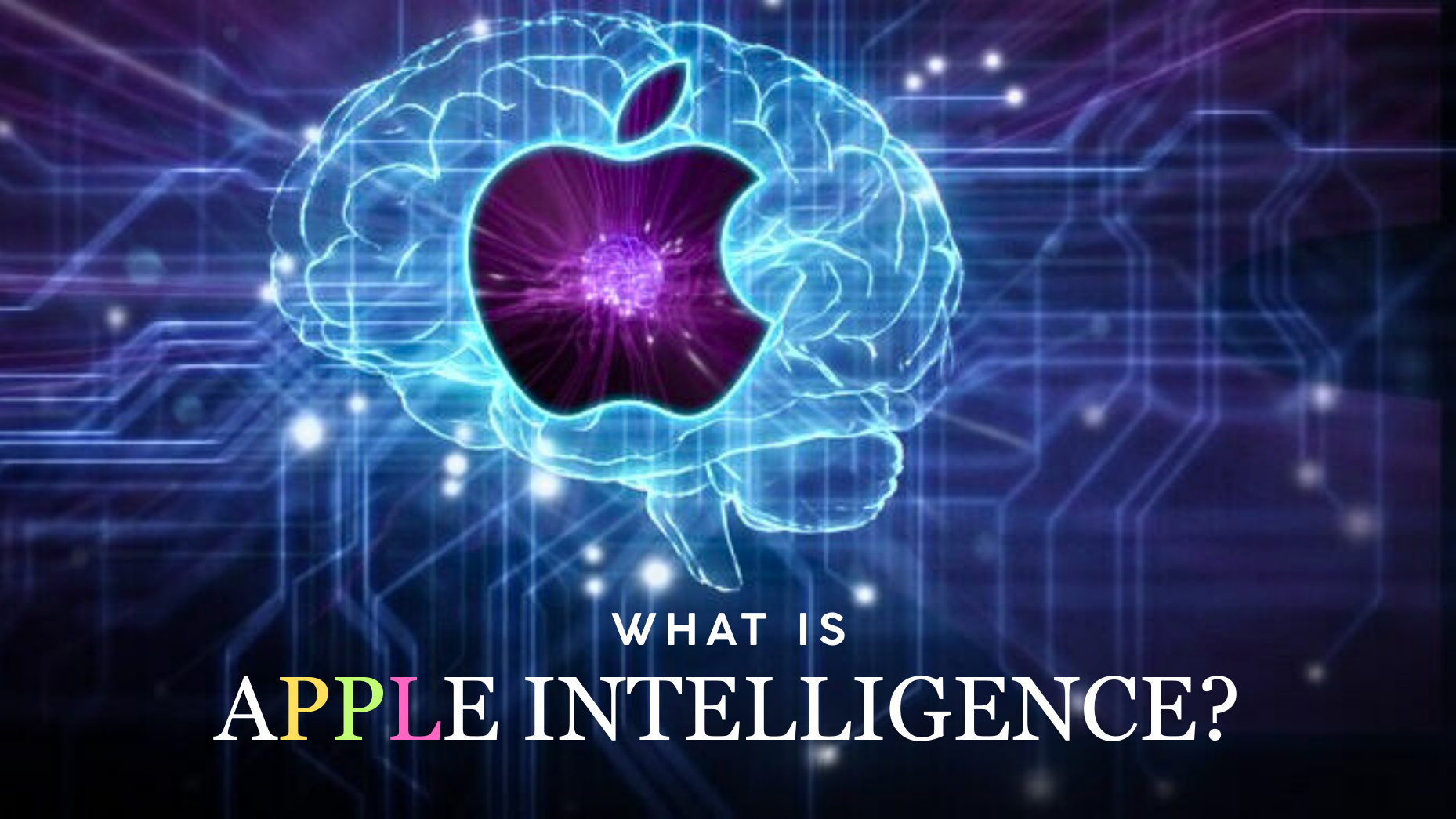The tech industry has undergone profound transformations over the past few decades, reshaping the way we live, work, and interact. From the early days of computing to the rise of the internet, and now the era of artificial intelligence and quantum computing, the pace of technological advancement has been rapid and relentless. As we look to the future, it’s clear that the tech industry will continue to evolve in ways that we can only begin to imagine. In this article, we’ll explore the key stages of this evolution and speculate on what might be next for the industry.
Early Computing and the Birth of the Internet
The tech industry’s origins can be traced back to the mid-20th century with the development of early computers. The first computers were large, expensive, and primarily used by government and academic institutions. These machines, like the ENIAC and UNIVAC, were the precursors to the personal computers that would later become ubiquitous.
The 1970s and 1980s saw the advent of microprocessors, which significantly lowered the cost of computing and made personal computers accessible to the general public. Companies like Apple, Microsoft, and IBM played pivotal roles in this transformation. The introduction of the Windows operating system and the Macintosh computer brought user-friendly interfaces and graphical environments to a broader audience.
The 1990s marked another significant leap with the rise of the internet. Initially a research project, the World Wide Web became a commercial and social phenomenon, connecting people around the globe and giving rise to new industries and business models. The dot-com boom of the late 1990s highlighted the potential of the internet to drive economic growth, though it was followed by a crash in the early 2000s.
The Rise of Mobile and Cloud Computing
The 2000s ushered in the era of mobile and cloud computing, which further transformed the tech landscape. The introduction of smartphones, led by Apple’s iPhone in 2007, revolutionized the way we communicate, consume media, and interact with technology. Mobile apps became an integral part of our daily lives, creating new opportunities for developers and businesses alike.
Simultaneously, cloud computing emerged as a game-changer for IT infrastructure. Companies like Amazon Web Services (AWS) and Microsoft Azure provided scalable, on-demand computing resources that allowed businesses to operate more efficiently and cost-effectively. This shift to the cloud enabled a new wave of innovation, including the rise of Software as a Service (SaaS) and the proliferation of big data analytics.
The Age of Artificial Intelligence and Machine Learning
As we moved into the 2010s, artificial intelligence (AI) and machine learning (ML) began to take center stage. Advances in algorithms, coupled with increased computational power and vast amounts of data, allowed AI systems to achieve impressive feats. From self-driving cars and virtual assistants to advanced data analysis and personalized recommendations, AI started to permeate various aspects of our lives.
The development of neural networks and deep learning techniques pushed the boundaries of what AI could accomplish. Companies like Google, Facebook, and OpenAI made significant strides in natural language processing, computer vision, and other AI applications. These advancements led to the creation of sophisticated tools and services that continue to shape the tech industry.
Quantum Computing: The Next Frontier
Looking ahead, quantum computing represents a potential leap forward that could redefine the tech landscape once again. Unlike classical computers, which use bits as the fundamental unit of information, quantum computers use qubits that can represent multiple states simultaneously. This capability could enable quantum computers to solve complex problems that are currently intractable for classical systems.
Major tech companies and research institutions are investing heavily in quantum computing research, with the goal of achieving practical and scalable quantum computers. While we are still in the early stages of this technology, its potential applications span various fields, including cryptography, material science, and optimization problems.
The Impact of Emerging Technologies
In addition to quantum computing, several other emerging technologies are poised to influence the future of the tech industry. These include:
- 5G and Beyond: The rollout of 5G networks is expected to enhance connectivity and enable new applications such as the Internet of Things (IoT), augmented reality (AR), and virtual reality (VR). As we look beyond 5G, research is already underway on 6G, which could offer even greater speeds and capabilities.
- Edge Computing: Edge computing involves processing data closer to the source, reducing latency and improving performance. This approach is particularly useful for applications that require real-time processing, such as autonomous vehicles and industrial automation.
- Blockchain and Decentralized Technologies: Blockchain technology, known for its role in cryptocurrencies, has broader applications in areas such as supply chain management, digital identity, and smart contracts. Decentralized technologies have the potential to reshape various industries by enhancing transparency and security.
Ethical and Societal Considerations
As technology continues to evolve, it is crucial to address the ethical and societal implications of these advancements. Issues such as data privacy, cybersecurity, and the impact of automation on jobs are increasingly important. Ensuring that technological progress aligns with societal values and benefits all individuals is a key challenge for the tech industry.
The rise of AI and automation raises questions about job displacement and the need for reskilling and upskilling the workforce. Additionally, concerns about data security and privacy are paramount as more personal information is collected and analyzed by tech companies.
Conclusion
The evolution of the tech industry has been marked by rapid innovation and transformative changes. From the early days of computing to the current era of AI and quantum computing, technology has continually reshaped our world. Looking to the future, emerging technologies such as quantum computing, 5G, and blockchain promise to drive further advancements and create new opportunities.
As we navigate this ever-changing landscape, it is essential to consider the ethical and societal implications of technological progress. By addressing these challenges and ensuring that technology serves the greater good, we can continue to harness its potential for positive impact and drive the next wave of innovation in the tech industry.














Leave a Reply